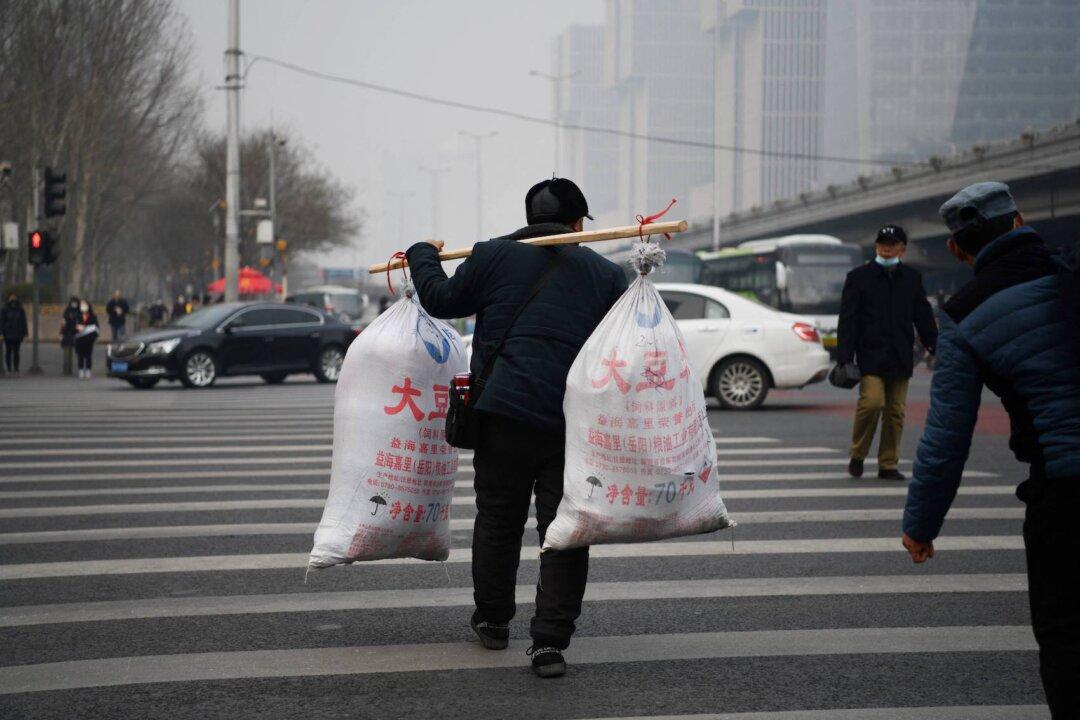China’s economy struggles with multiple problems and without robust reforms, Beijing is likely to face a threat to the growth prospects in the coming years, hurting its global position, according to a new report.
Washington-based think tank Atlantic Council GeoEconomics Center and research organization Rhodium Group on Oct. 4 released a report titled “Running out of road: China Pathfinder 2023 annual scorecard.” The report identified core problems of the world’s second-largest economy, warning that “structural threats to economic stability have never been greater.”




